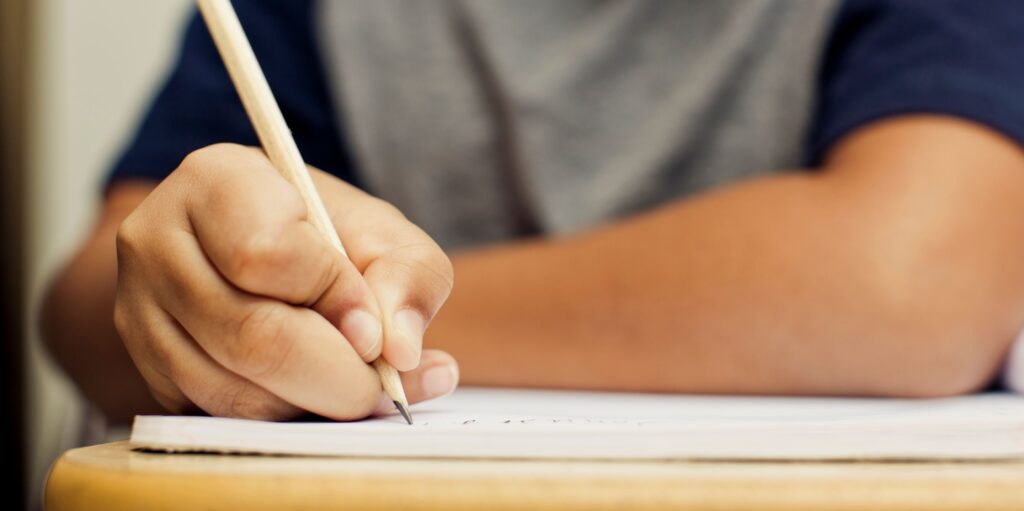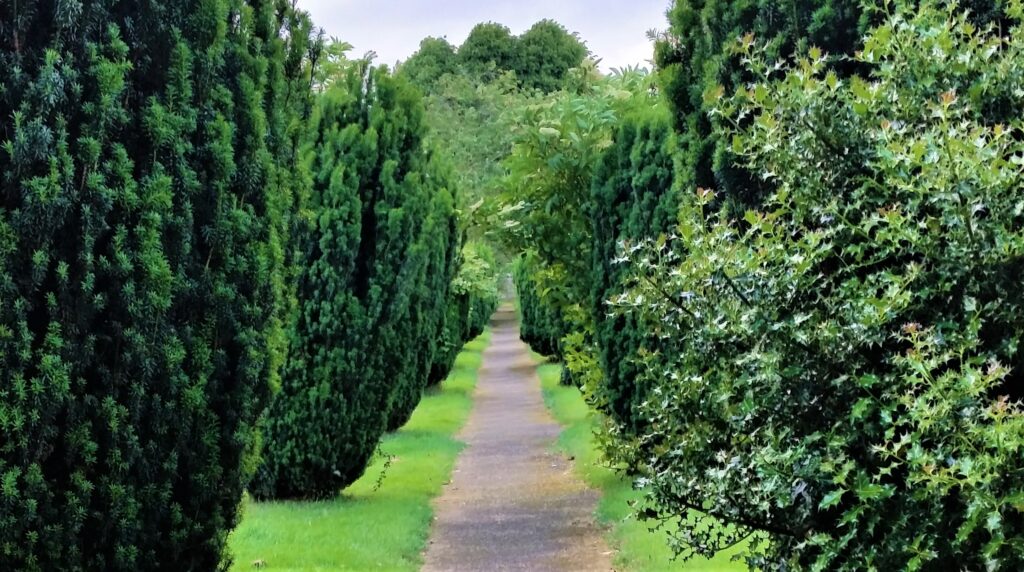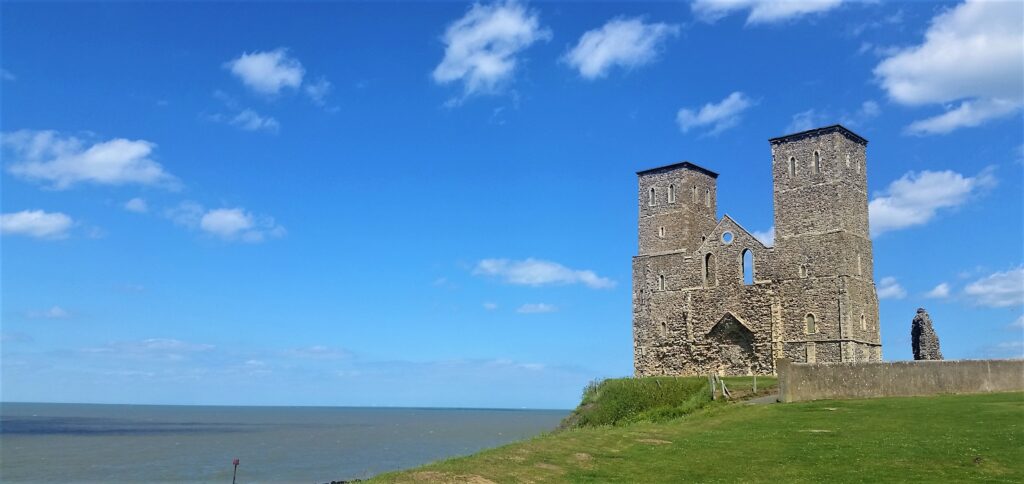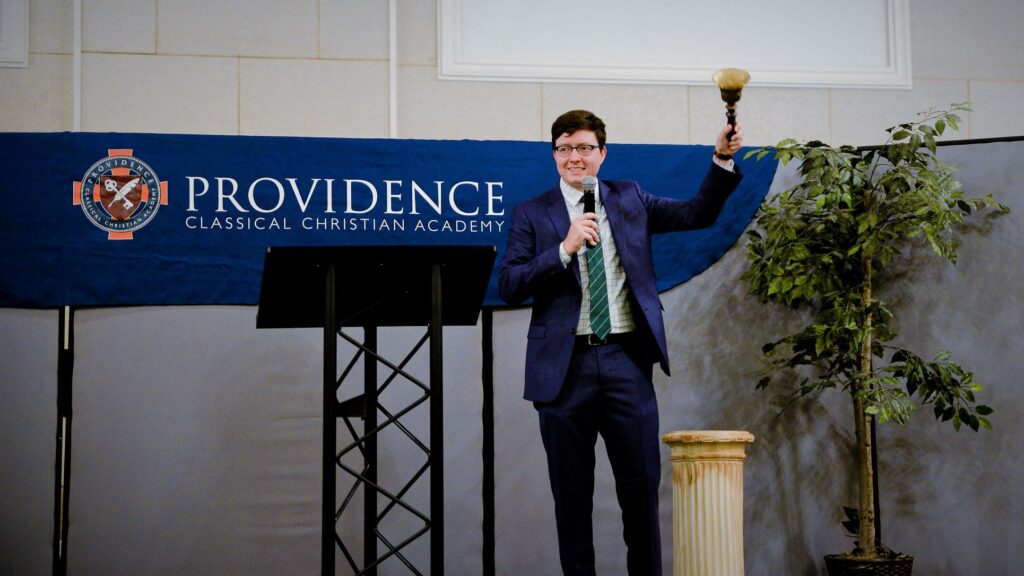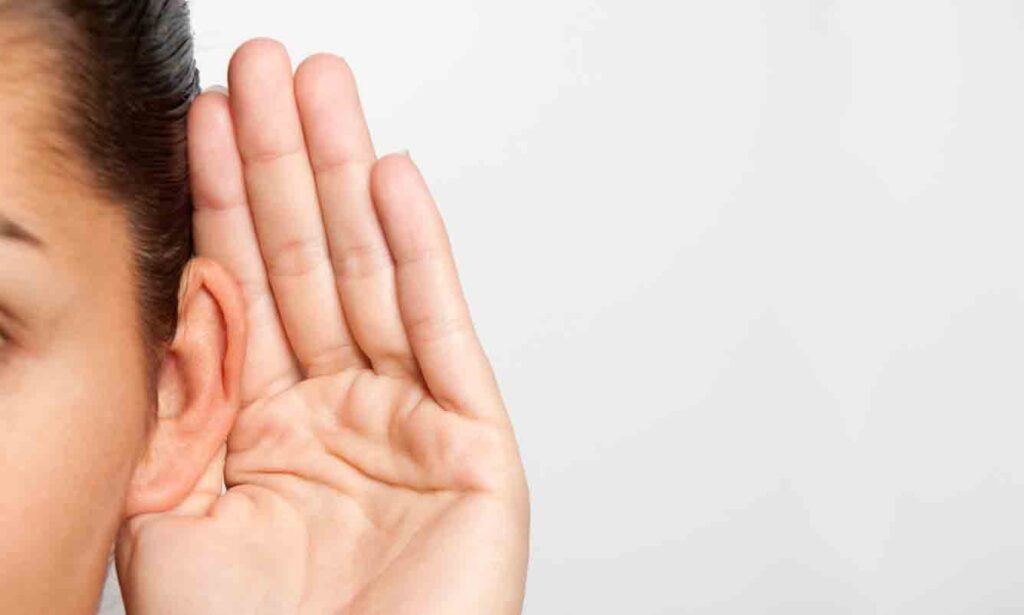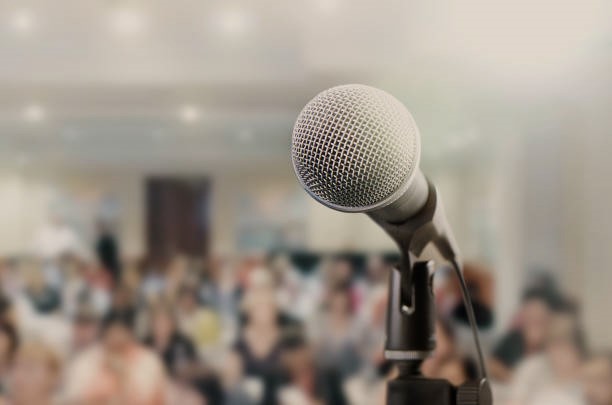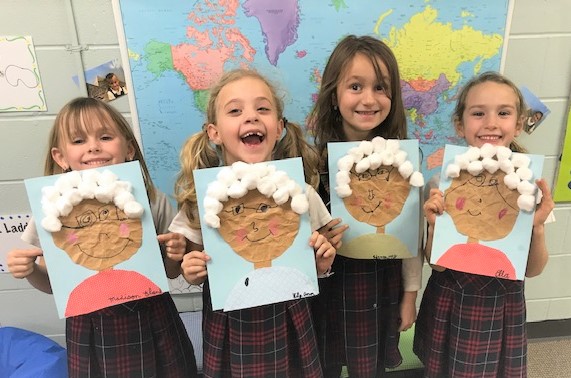The Classical Christian Alternative to Public Education
We aspire to be a school that is transparent, involves parents, uses technology intentionally, cultivates a deep understanding of history, and disciples students in the Christian faith. Being a private, classical, Christian school offers a unique opportunity to pursue those distinctives and provides a rich alternative for families who share similar values.
